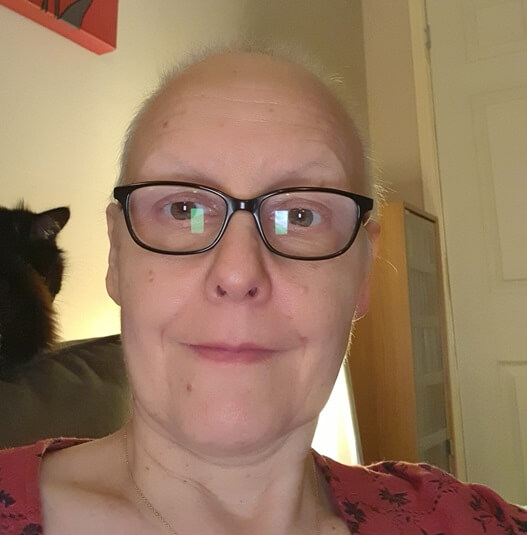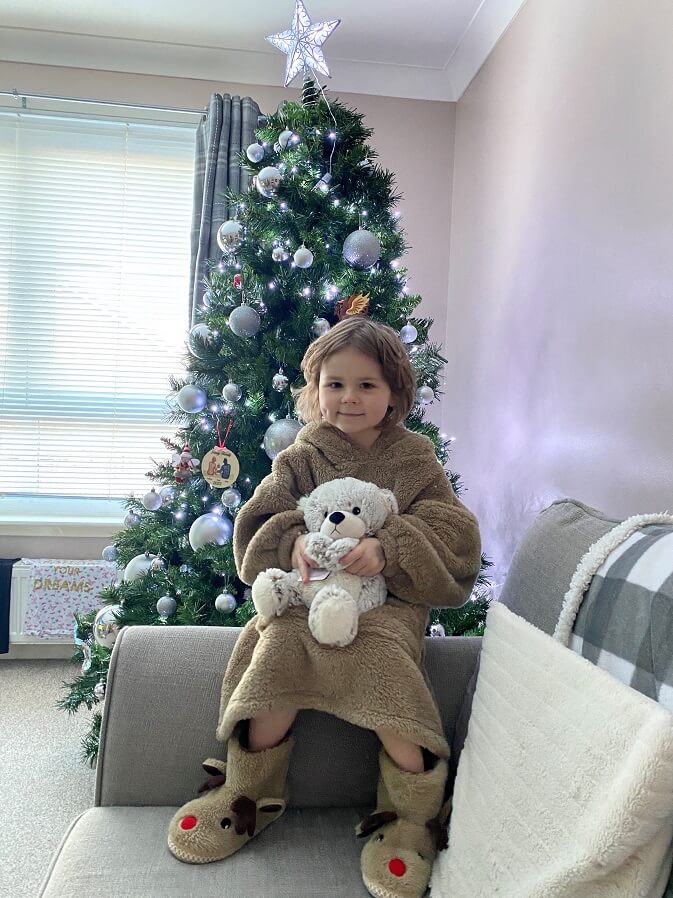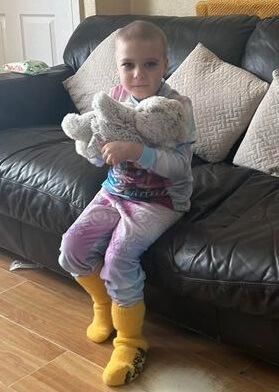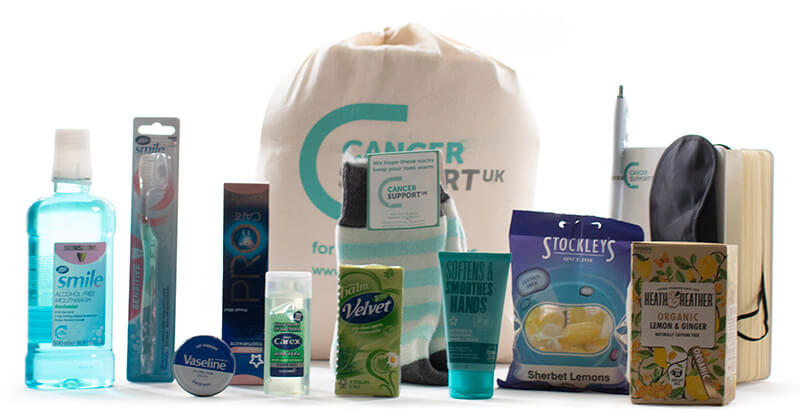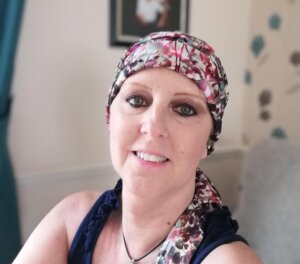
Cancer Coach helped build Karen’s confidence
Karen Green is 60 years old and has had breast cancer twice – each time in the same breast.
Her first diagnosis was in 2015. It was a fast growing cancer, which was treated with radiotherapy and a lumpectomy. Then in 2021, a routine mammogram confirmed her worst fear, the cancer had returned.
Second time around, Karen couldn’t be given radiotherapy, so her treatment comprised a mastectomy (with partial reconstruction) and chemotherapy, which made her very unwell. She also received injections to help bind the cancer cells and was on Tamoxifen for five years.
Karen experienced several side effects from the treatment, which affect her quality of life. These include hearing loss and bilateral tinnitus. She is currently facing heart issues (a side effect of Herceptin injections and her PICC line) and is on tablets to prevent her having a heart attack.
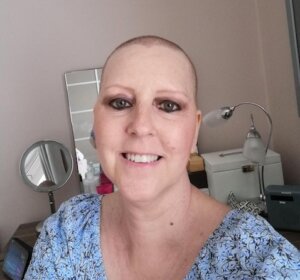
Karen appeared confident but it was all a show to mask her true feelings
After chemo, Karen’s emotional wellbeing was at rock bottom. That’s when she saw a Cancer Support UK Facebook post about the six-week Cancer Coach programme. The remote peer group support, along with tools and strategies to help you move forward post cancer treatment, appealed to Karen, who confesses she was initially petrified of using Zoom again (having used it at work previously), as her confidence after chemo was extremely low.
“I had no routine at the time, so Cancer Coach was a commitment that I welcomed. It also gave me the confidence to go on Zoom. Every Monday I was waiting for the Zoom call, as I really enjoyed Cancer Coach.
“I found it really hard losing my hair during chemo. I cared more about my hair than about my bust, because you can use a prosthetic to cover up. So I wore a hat initially to the sessions, but by the fourth meeting I took my hat off.
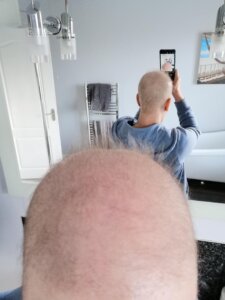
Karen’s hair loss (caused by chemo) affected her confidence deeply
“You learn that there are other people who are worse off than you and then you feel guilty worrying about your hair loss, when others have had a harder time.
“Cancer Coach has made me more compassionate and has helped bring out my true feelings that I didn’t want to admit to other people. It has made me be accountable. The coach was very good – she gave us time to talk and listened to us.
“The tools and strategies are excellent – I had never heard of the worry tree before, but I now use it frequently. I’ve learnt to put aside worries until specific times and have taught my brain not to worry about certain things every day. It is also very helpful to read daily – it makes you realise how far you have come.
“My experience in hospital has given me a deep spiritual belief, which has helped me come to terms with my illness. I was always very slim, with long blonde hair, but then in hospital, when I was on steroids, my weight ballooned, I lost all my hair and I hit rock bottom.
“I would definitely recommend Cancer Coach. It gave me hope and more confidence – before joining I pretended I was confident – the strong person who my family looked up to, who didn’t cry when diagnosed with cancer – but it was all a show.
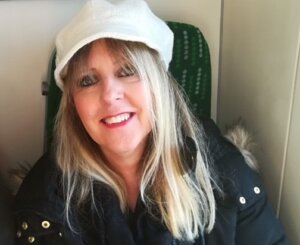
“If I hadn’t had Cancer Coach, I think I would have had a nervous breakdown.”
“I was the Cancer Coach star pupil, but as the weeks went on I didn’t like myself and couldn’t continue to put on an act. As we reached the end of the programme, the coach must have seen a difference in me, as all my true feelings started coming out.
“If I hadn’t found Cancer Coach, I think I would have had a nervous breakdown. The group made me realise that I was just as vulnerable as everyone else. I couldn’t have carried on the way I was. Since then I’ve built up my confidence daily.
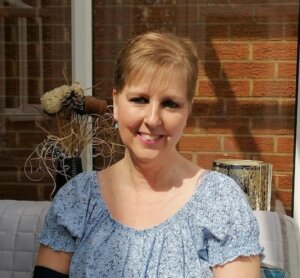
Karen knows she has changed and feels she is now a better person
“I know I have changed and I’m not the person I was, but I feel I’m a better person now.
Cancer Coach peer support groups are run by Cancer Support UK for people with a previous primary cancer diagnosis, who have finished their cancer treatment and need emotional support. The groups are split into weekly sessions over six weeks and are carried out free of charge by telephone or over a video call. Each group is facilitated by an experienced Cancer Coach who leads the group, offers support and structures the conversation.
Cancer Coach offers self-management techniques and peer support for anyone over the age of 18 who has completed treatment for cancer, regardless of whether they finished treatment a few months ago or a few years ago. To access post treatment cancer support, apply to join a Cancer Coach support group online now. Or call our Cancer Coach team on 020 3983 7616 for an informal chat about Cancer Coach.
